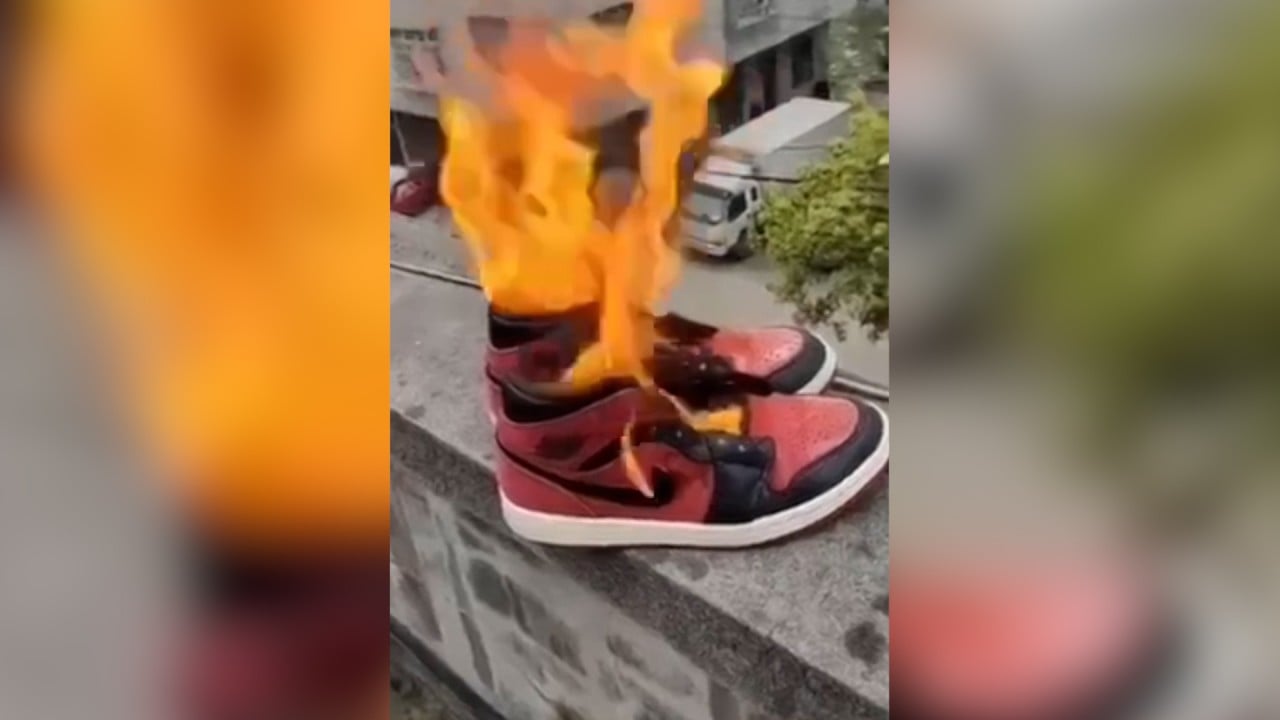
Xinjiang cotton controversy spills into virtual battle, as Tencent removes Burberry outfit from Honour of Kings, China’s top game
- Tencent’s action comes days after it unveiled a cross-promotion deal with the British luxury fashion house
- London-based Burberry has said that it did not use any raw materials from the Xinjiang region
Tencent’s decision, according to two sources with knowledge of the matter, was related to Burberry’s position on Xinjiang-produced cotton as a member of the Better Cotton Initiative. London-based Burberry said last year that it did not use any raw materials from Xinjiang, where Beijing denies claims of genocide and forced labour in the region.
Honour of Kings, a massive multiplayer online role-playing game, became the world’s first game to average more than 100 million daily users last year. Its users, 95 per cent of whom are in China, spent US$2.6 billion on the game in 2020, making it the most profitable mobile game in the world, according to data-tracking firm Sensor Tower.
In a separate move, China’s biggest esports league, the Tencent-run League of Legends Pro League, has suspended its partnership with Nike by removing Nike’s logo and merchandise from its website. Nike is the official sponsor for the jerseys for the league’s 17 teams.
Shenzhen-based Tencent declined to comment on Thursday.
Tencent’s actions have not only become a testament to the outrage over the Xinjiang cotton boycott by foreign brands, but also a display of national pride.
“There are many foreign companies that have released statements which ‘cut ties’ with Xinjiang cotton in the past two years. This included the Better Cotton Initiative members Burberry, Adidas, Nike, New Balance and others,” said a post on Weibo by Communist Party mouthpiece People’s Daily.
China puts pressure on global fashion brands to reverse boycott on Xinjiang cotton
The list of foreign firms embroiled in the controversy continued to grow on Thursday, with American shoe brand Converse and apparel firm PVH Corp, which owns Tommy Hilfiger and Calvin Klein, joining the ranks of brands being boycotted by Chinese consumers.
The European Chamber of Commerce said it would not comment on individual cases, but indicated that European firms were between “a rock and a hard place” because of “increased politicisation of business”.
In support of the Chinese government’s claim that cotton from Xinjiang does not come from forced labour, dozens of brands and celebrities in China have announced that they would stop working with companies named by People’s Daily.


